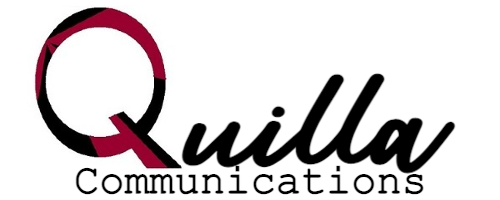Lab 9 Report: Election Alert
World Forum for Democracy
Council of Europe • Strasbourg, France
Two different technology tools were presented and discussed, the Electoral Risk Management Tool and the iHUB platform. Both tools were piloted in Kenya to prevent election disputes that result in suffering, death, displacement, economic damage and loss of faith in democracy. The ERM tool is a software application that goes beyond risk analysis by providing 100 action points, encouraging civil society organisations to directly respond to internal and external risk factors. iHub is a community with a human-centred design approach to technology, with initiatives like Uchaguzi, the platform for reporting election malpractice and violence.
The discussion that followed addressed changing the role of the expert, either by actively seeking “anti-expert” input or by enlarging our definition of experts to include everyone in the field. In order to shift away from top-down models and prescriptive measures, a human-centred approach would promote more trust and involvement in the democratic process. This reflects one of the fundamentals of democracy, which stresses the importance of individuals over institutions. These individuals armed with technology tools are making a difference in the democratic process. Their proactive use of technology to upload data, report and react has contributed to peaceful elections all over the globe. Their input in turn shapes how civil service organisations react, perpetuating the influence of bottom-up efforts. The role of technology as the “magic” solution is also put into question: technology needs people to think and to act and there are situations where technology is not always the best or most appropriate solution.
One of the questions from the audience sparked off a discussion concerning the value of technology tools in the absence of will or spirit for change. Propositions related to youth involvement provided recommendations: Using student governments as first exposures to legitimate democracies and emphasising education for democracy were suggested. Emphasising why to vote is important for increasing faith in elections and encouraging participation. Voters need to know that every vote does matter in order to prevent disillusionment with the process. Governments need to investigate claims of disenfranchisement and be involved in claims; they may need to find intermediaries in the international community.
Other issues of importance were the cost and verification of data of these two, and other, technology tools. Both tools are free for users and the iHUB tools are open-source. They cut cost overall by responding to threats quickly and adapting to changing circumstances. The proactive measures taken by Uchaguzi allow citizens to be engaged before, during and after elections. Verification of data is addressed by the use of trained observers in elections stations and required confirmations to ensure the information is valid.
The overall consensus seemed to be that these two tools are useful now and provide optimism for the future of elections, but are not complete answers to the many challenges to the democratic process. While pinpointing problem areas is essential for a fast response, it also tends to highlight the worst parts of the system and draw attention away from all the success stories of elections. The most important role of these tools is their ability to re-create confidence and trust in the electoral process by creating more transparency and by offering an opportunity to take action to ordinary people, thereby increasing turnout and participation. The challenge remains how to adapt the tools to ever-changing contexts and users, and determining where and when technology tools are useful for finding solutions. Recommendations of the panel and participants include allocating more resources to prevention and using all available tools before elections. The monitoring of elections should be standardised by adapting these tools to different countries and contexts. A more human-centred and anti-expert attitude is essential to make elections meaningful for all participants.
Room 9, Palais de l’Europe
28 November 2013
10:30 – 12:30
